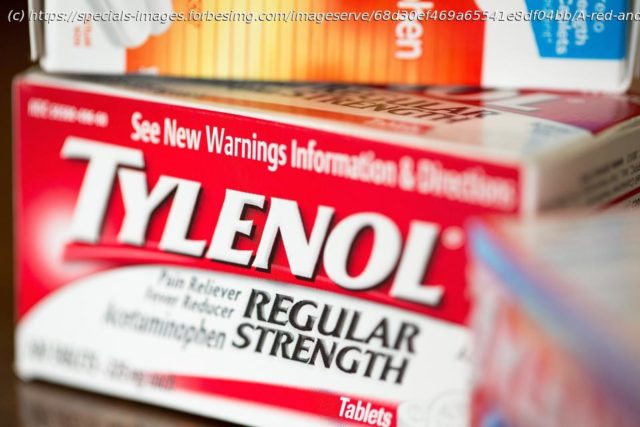Women physicians respond to Trump’s recent announcement of his claim that Tylenol in pregnancy causes autism.
Yesterday, President Trump told the American public that Tylenol use during pregnancy causes autism, a claim that contradicts established science. This morning, I asked a community of women physician experts for their reflections on this announcement. Shortly after, I received over 100 responses. Their reflections highlight a serious concern: when political leaders promote medical conclusions that deviate from those of frontline clinicians and governing health organizations, such as American College of Obstetricians and Gynecologists and Society for Maternal-Fetal Medicine, the public is left navigating uncertainty, skepticism, and potential harm.
Here is a selection of expert opinions from board certified physicians, arranged by theme.Misunderstanding the Increase in Diagnosis of Autism
A common assumption is that the rise in autism diagnoses reflects a true increase in incidence, when in fact it is more likely explained by improved physician training, broader diagnostic criteria, and greater awareness.
“The increase in autism diagnoses is in part due to the increased understanding we have of level one autism. Physician training is improving. Child and adolescent psychiatrists and pediatricians used to be the only physicians trained in diagnosing and treating autism. Now our programs acknowledge that these kids grow up, so adult psychiatry and other disciplines have had to catch up to our pediatric colleagues“, says Dr. Nicole Pavlatos-Delavoye, psychiatrist.Erosion of Physician–Patient Trust
Safe and effective care depends on trust within the physician-patient relationship. The entire medicine system relies on patients believing that their physician prioritizes compassionate, evidence-based care.
“As an oncologist, I witness every day how patients struggle with skepticism around treatments, like chemotherapy, which can be life-saving but is often feared for its harshness. Now, when we make people panic over something as basic and familiar as Tylenol, we risk undermining trust even further. If the public can’t rely on long-standing guidance for managing a fever or pain, how can they feel confident placing their lives in our hands?“ asks Dr. Maria Borrero, medical oncologist.
“This is not the first issue or time where my medical science training may be questioned or not believed based on Party politics. These issues are eroding the physician-patient relationship. A relationship that I think is important for healing, preventive healthcare, education and public health. Healthcare decisions are open to discussion in the exam room – it would be nice if those decisions could be more science based“, says Dr. Jill Steinsiek, family physician.The Spread of Misinformation, Disinformation and Malinformation
Misinformation is false information shared without intent to harm. Disinformation is false information shared with the intent to harm. Malinformation is true information shared out of context or exaggerated to cause harm.
“We are in an era where information is readily available to anyone, anywhere, but that doesn’t make it credible, reliable, accurate. I know there has been so much misinformation, but worse is disinformation and malinformation. It’s a very confusing time for patients, and a devastating time for physicians. Unfortunately we are currently in an environment of intentional chaos, noise, and distrust that has been intentionally created to cause doubt,” added Dr. Dena Hubbard, pediatrician/neonatologist.
“The spread of misinformation and disinformation from politicians is not accidental—it’s strategic. In a climate where fear and outrage drive attention, misleading narratives can be powerful tools to mobilize supporters, distract from failures, or undermine trust in institutions. It’s happening because misinformation spreads faster than facts, and correcting it rarely gets the same traction. When leaders amplify falsehoods, it corrodes public trust in science, medicine, and democracy itself, making it harder to reach consensus on solutions to pressing issues. Misinformation and disinformation from political leaders often reflect a calculated strategy to consolidate power, sow division, or shift focus away from systemic problems,” says Dr. Shika Jain, medical oncologist.Oversimplifying the Causes of Autism
A major objection to the recent claim that Tylenol causes autism is that autism is known to have multiple contributing factors. Scientists have long explored the increased risk of autism based on genetic variation.
“There is no single cause of autism. There is no evidence that Tylenol nor vaccines cause autism. There is evidence that fevers in pregnancy can be harmful to the fetus,” added Dr. Chandani DeZure, neonatal and developmental medicine pediatrician.
“Correlation is not causation. Genetics and other factors must be taken into consideration,” says Dr.
Start
United States
USA — mix Women Physicians Respond To Trump’s Announcement On Tylenol And Autism






